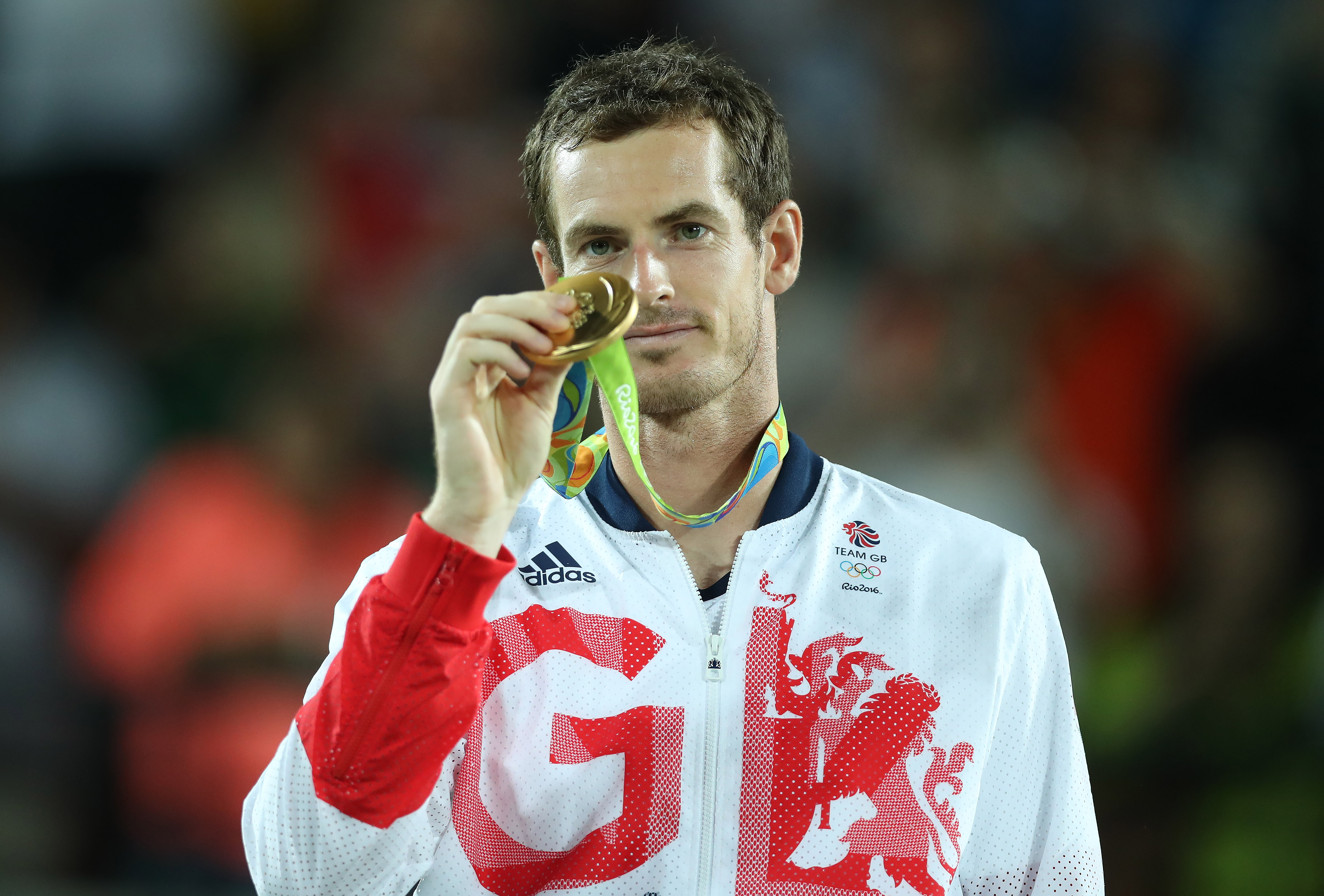
Tears welled in Andy Murray's eyes as he walked alone onto the court to wave goodbye to professional tennis, his career over after a loss in the Paris Olympics doubles quarterfinals Thursday night.
The 37-year-old Murray had said the 2024 Summer Games would be his last event, and he and partner Dan Evans were beaten by the American duo of Taylor Fritz and Tommy Paul 6-2, 6-4 at Court Suzanne Lenglen.
“I knew that moment was coming for the last few months. If it didn’t happen today, that was going to be in a couple days’ time, and I was ready for it. Obviously, I was emotional, because it’s the last time I will play a competitive match. But I am genuinely happy, just now. I’m happy with how it's finished,” said Murray, a three-time Grand Slam champion and the only player in tennis history with two Summer Games singles golds.
Stay in the game with the latest updates on your beloved Bay Area and California sports teams! Sign up here for our All Access Daily newsletter.
“I'm glad I got to go out here at the Olympics and finish on my terms,” he said, “because at times in the last few years, that wasn’t a certainty.”
Murray has dealt with a series of injuries in the latter stages of his career, including needing two hip operations, one for a metal implant in 2019. Most recently, he had surgery to remove a cyst from his spine in June, forcing him to pull out of singles at Wimbledon and the Olympics; he only entered doubles at both.
Andy Murray
“The pain and discomfort in my body is not good, and that’s also why I’m happy to be finishing. If I kept going and kept trying, eventually you end up having an injury potentially ending your career,” Murray said. “So I know that now’s the right time. Physically, it's been really hard.”
The British pair had managed to stave off a total of seven match points — well, in this case, let's call them “retirement points” — earlier in the tournament, five in the first round and then two more in the second round, to extend Murray's career.
But Murray and Evans could not create that sort of magic again against the third-seeded Fritz and Paul.
“Those guys were good today. That’s the bottom line,” Evans said. “And we were not.”
Murray won Wimbledon twice and the U.S. Open once, along with his Olympic golds from London in 2012 and Rio de Janeiro in 2016. His first Wimbledon championship, in 2013, made Murray the first man from Britain to win that trophy in 77 years.
He also won the title at the All England Club in 2016; his initial major championship came at the U.S. Open in 2012.
When Thursday's match ended, there was a standing ovation from the crowd. Evans applauded, too, as did Fritz and Paul.
“We were pumped up to win, but it is sad, I guess, to see it end for Andy. He’s someone that both of us have looked up to for a very long time. He’s a great guy,” Fritz said. “I don’t take a lot of pride in doing it, but we’re here to win a medal.”
Paul and Fritz will face Matt Ebden and John Peers of Australia next. The other semifinal is the fourth-seeded team of Austin Krajicek and Rajeev Ram of the U.S. against Tomas Machac and Adam Pavlasek of the Czech Republic.
On his way off the court as a competitor for the last time, Murray stopped and signed autographs for fans.
He will be remembered forever as someone who made the most of his talent and managed to elbow his way in among the Big Three of men’s tennis — Roger Federer, Rafael Nadal and Novak Djokovic, who have a combined 66 Grand Slam singles trophies — to claim those three of his own.
Finished a season at No. 1 in the rankings, too.
“Just incredible resilience throughout all his career,” Djokovic said last month. “Multiple Grand Slam winner. Legend of the game.”
A grinding game style, mainly at the baseline, superb returning and a never-give-up attitude propelled Murray to success on the tennis court and popularity away from it. He has been an advocate for women in the sport, including hiring Amelie Mauresmo as his coach — a rare instance of a top male player working with a female coach — and never been shy about voicing his opinions on various issues that affected his sport or society at large.
As for what comes next, Murray said he's not sure, although he did mention he didn't like being a TV commentator when he tried it in the past.
For now, though, he will take a break, and eventually figure out what to do.
“If that’s nothing — and being at home and being with my family and being a dad," Murray said, "that’s something I look forward to.”




